After the War in Afghanistan
Many players hold the potential to ruin prospects for peace in the region, a scenario that could backfire for Donald Trump.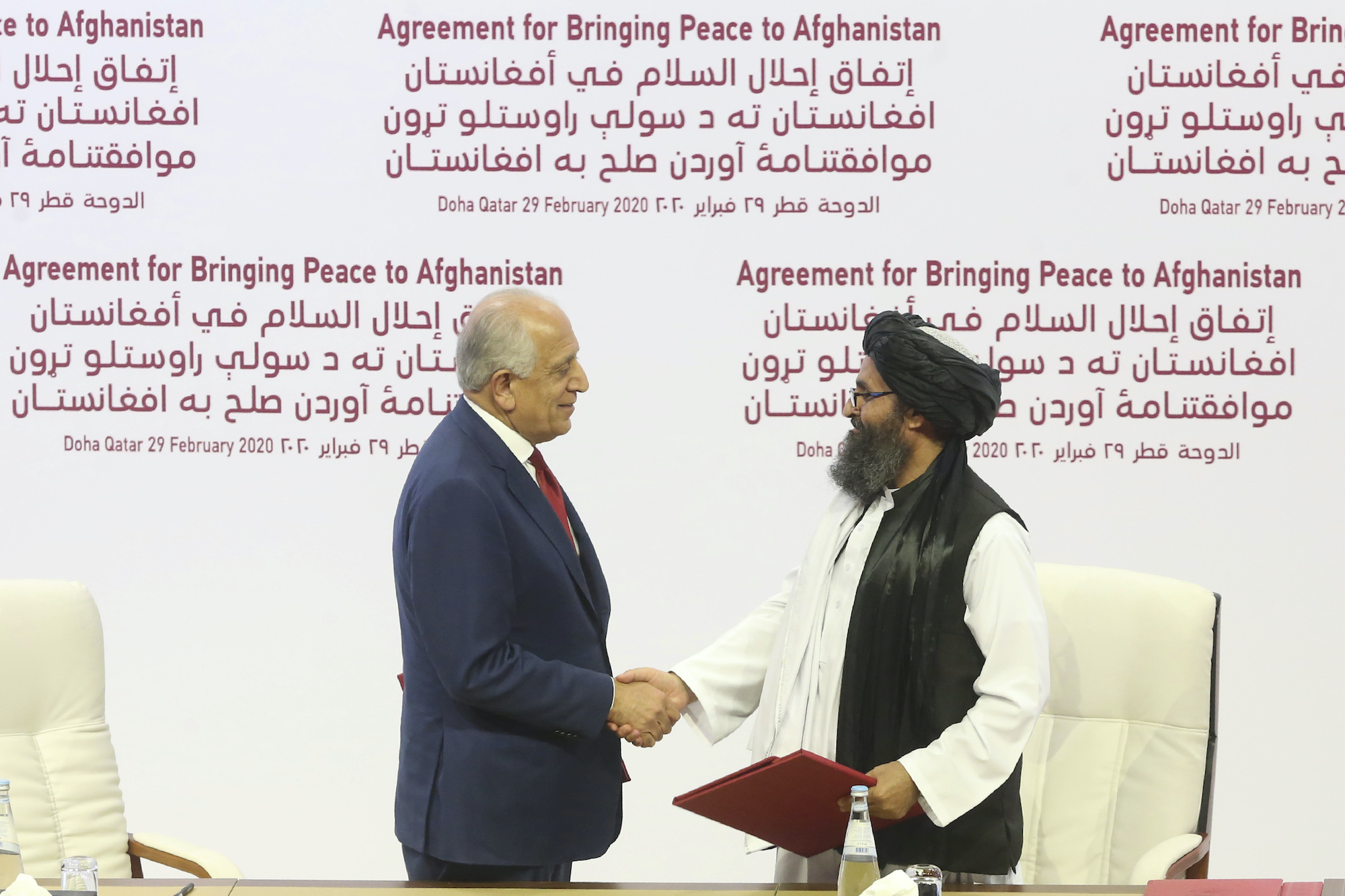 U.S. peace envoy Zalmay Khalilzad, left, and Taliban leader Mullah Abdul Ghani Baradar shake hands after signing the peace agreement. (Hussein Sayed / AP)
U.S. peace envoy Zalmay Khalilzad, left, and Taliban leader Mullah Abdul Ghani Baradar shake hands after signing the peace agreement. (Hussein Sayed / AP)
Truthdig is proud to present this article as part of Global Voices: Truthdig Women Reporting, a series from a network of female correspondents around the world who are dedicated to pursuing truth within their countries and elsewhere.
KARACHI, PAKISTAN — In normal times, Saturday would have been a red-letter day. The deal signed by the Taliban and the U.S. in Doha, Qatar, promised peace to a land torn by war for over four decades.
But these are not normal times — at least not in South Asia — and the euphoria that usually accompanies a deal signed to end war was missing.
In Pakistan, feelings were mixed. Words like “historic,” “landmark,” “welcome” and “immediately important” were interspersed with such terms as “cautious,” “responsible” and “careful.”
That’s because peace in the true sense of the word has been elusive in the region. Although the deal has been concluded, peace is conditional on so many ifs and buts that one can only hope for the best. While welcoming the Doha accord, Pakistani Prime Minister Imran Khan described it as the start of the peace and reconciliation process in Afghanistan. But he also warned all stakeholders “to ensure that spoilers are kept at bay.”
Who could be the spoilers? Potentially there are many. The most likely are Afghanistan’s own leaders, who are squabbling among themselves over the recent presidential election results. That is not a trivial matter, because the immediate measure needed to start the peace process is the intra-Afghan dialogue scheduled for March 10. Ashraf Ghani, the incumbent president, who is accused of gaining an electoral victory through fraudulent means, is now prioritizing his political success over peace in the region. Even before the ink on the Doha accord was dry, he rejected the provision for the exchange of prisoners that requires 5,000 Taliban captives to be released as a price for the freedom of 1,000 Afghan troops.
We will have to keep our fingers crossed as we wait to see how the wind blows. There are too many Afghan contenders for power, and it is natural to expect them to seek a seat at the negotiating table and have a say in the future of the country. Who will call the shots? Ghani, America’s key ally in Kabul, has a fragile hold on power and faces a tough challenge from his numerous rivals. He is highly vulnerable, and this power struggle could give the Taliban — the strongest of the lot — the upper hand, but not without igniting another insurgency.
The Doha deal also provides for the withdrawal of American and NATO troops, nearly 13,000 of which remain in Afghanistan. Five thousand of these will be pulled out by May; the remainder will go home by April 2021.
Khan was right when he claimed vindication of his view that peace can come to the region only through a negotiated arrangement. He also was correct in warning against spoilers. Afghanistan has always been vulnerable to foreign interests, and past experience has shown how the Afghans have suffered because their underdeveloped, poverty-stricken country has become a haven for self-serving outsiders. This has happened before. It could happen again.
After the Soviet troop withdrawal from Afghanistan following the 1988 Geneva accords, the region was engulfed in a political vacuum. That was not surprising. The U.S. had already lost interest in post-Geneva events in Southwest Asia, believing that Pax Americana had been ushered in to ensure the United States’ global supremacy. It was left to Pakistan to bear the brunt of the Afghan quagmire left behind by the end stage of the Cold War. That created the conditions conducive to the birth of the Taliban under the supervision of Inter-Services Intelligence, Pakistan’s spy agency.
This is unlikely to happen this time. There has been a shift in Pakistan’s military strategy. The army appears to be serious about cracking down on terrorism, hence the push for peace from the Pakistan-backed Taliban. Pakistan’s role in promoting the Doha Accord has been widely acknowledged. The Pakistani foreign minister’s presence in Qatar at the scene of the signing ceremony was highly significant.
But when Afghans fight, they love to invite foreign allies. The withdrawal of U.S. troops may be a positive step. But President Trump cannot afford to wash his hands of South Asian politics, as he seems to be doing. His recent trip to New Delhi did not go down well with opinion leaders in Pakistan. Even his offer to mediate on Kashmir, which the government in Islamabad welcomed, failed to make the designed impact. As a prominent opposition leader pointed out, Trump’s statements in India indicated his desire to have it play the role of policeman in the region. Trump refrained from commenting on India’s autocratic policy on Kashmir, which has been under a lockdown since August. He was also strangely silent on the controversial citizenship law that has angered many in both India and Pakistan. Trump’s visit to India at this point was not timely, and it has sent wrong signals to South Asia.
The most worrisome aspect of these developments is the fear — voiced by feminists and progressives all over the region — that the Doha accord is no more than a “dressed-up U.S. surrender that will ultimately see the Taliban return to power.”
If the Doha accord is treated as a pretext for Trump to turn his back on world affairs and foreign policy as he faces the American electorate in 2020, he may well be leading his country into another disaster.
Russia and China have shown a steady interest in Afghanistan throughout the 15 months that the on-again, off-again Doha dialogue took place. In fact, there were occasions when talks between the Taliban and other Afghan leaders were facilitated by Moscow.
The post-Doha phase will be the crucial stage, when the future of Afghanistan will be decided for its men, as well as its women.
Your support matters…Independent journalism is under threat and overshadowed by heavily funded mainstream media.
You can help level the playing field. Become a member.
Your tax-deductible contribution keeps us digging beneath the headlines to give you thought-provoking, investigative reporting and analysis that unearths what's really happening- without compromise.
Give today to support our courageous, independent journalists.

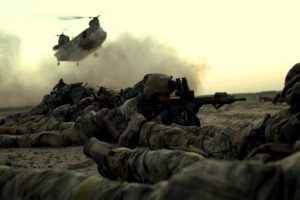
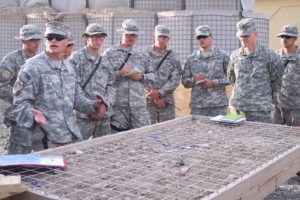
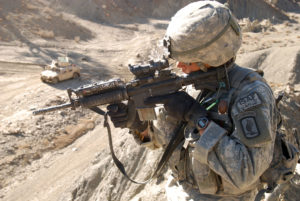
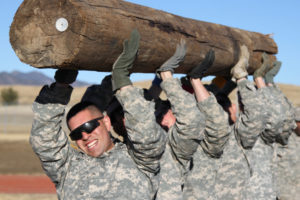
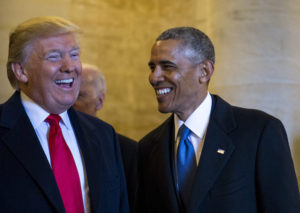


You need to be a supporter to comment.
There are currently no responses to this article.
Be the first to respond.